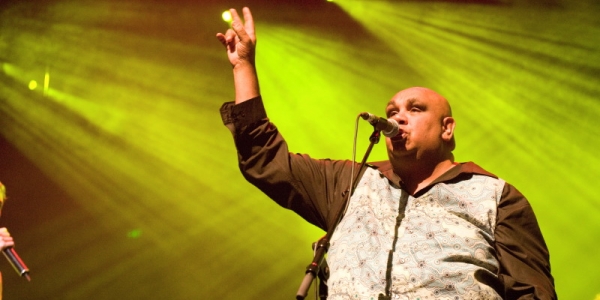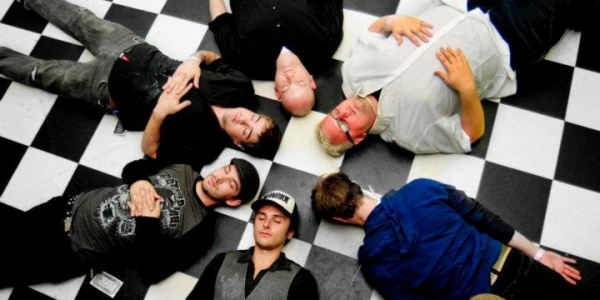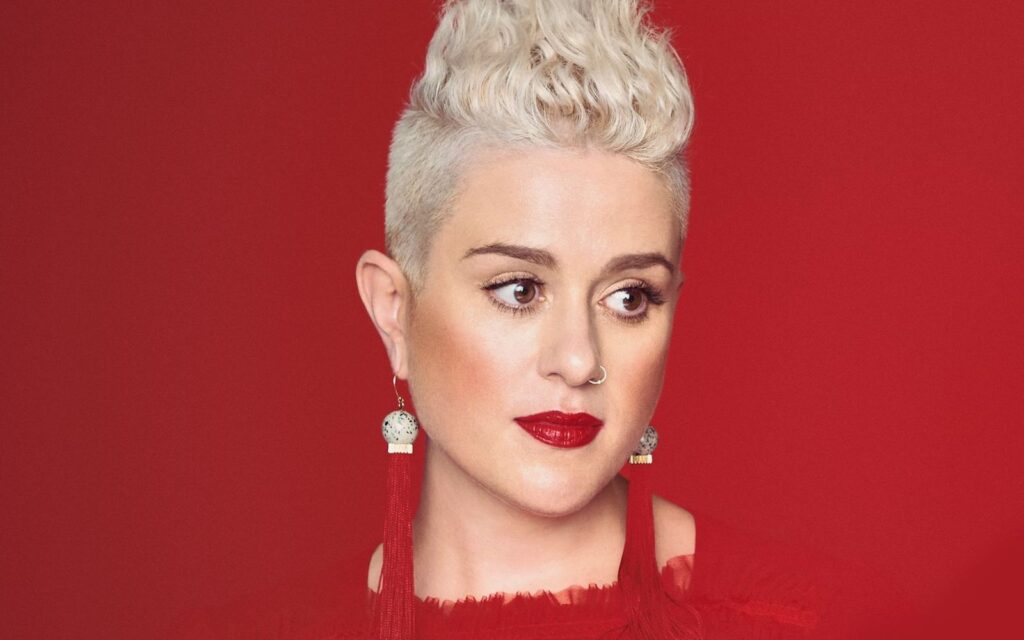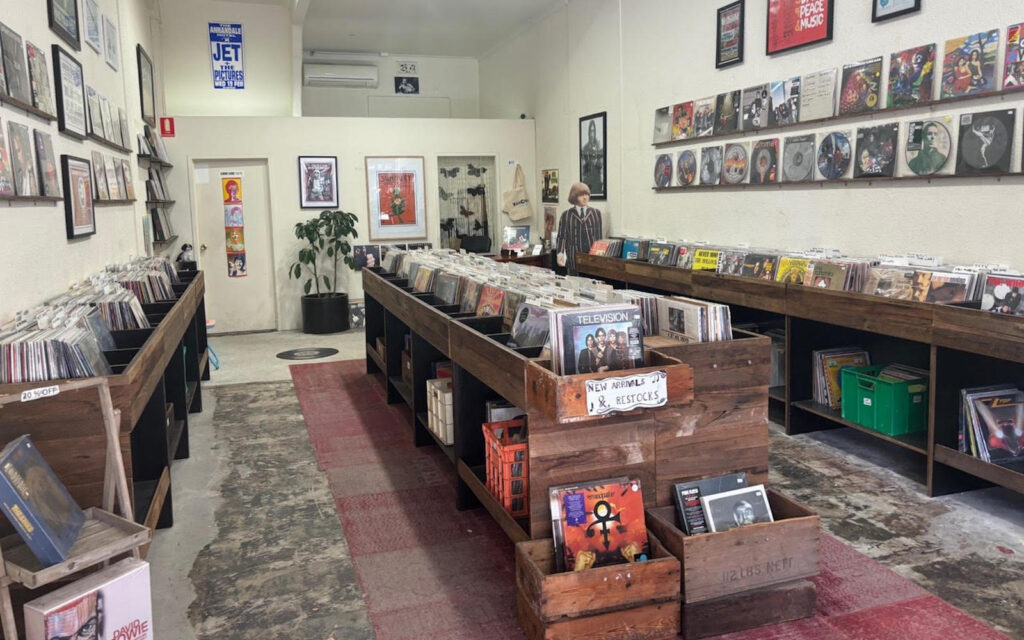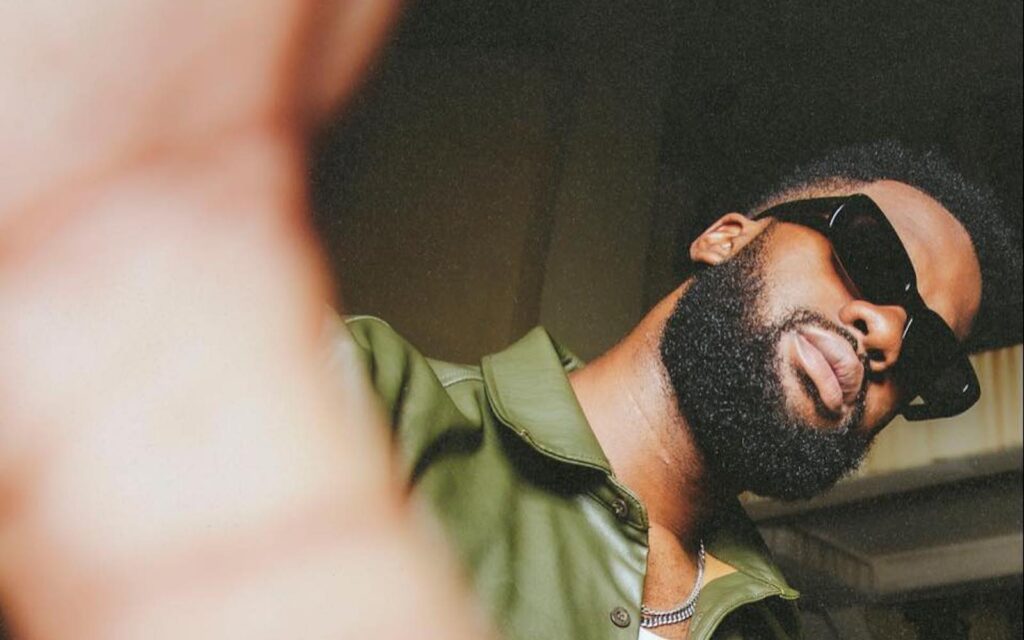“I found myself giggling in sessions and enjoying myself in sessions and music is supposed to do that I guess,” Edwards explains. “It is meant to give you all of these different aspects of life itself and of emotions. The industry that we’re in paints this beautiful picture but in reality, I don’t wanna be disrespectful, but it’s even more difficult for an Indigenous performer. The audience, which is society itself, doesn’t want to listen to Aboriginal people singing about the plight of the Aborigine and so they don’t align to Indigenous music.
“When it’s autobiographical writing that’s what we’re singing about. It’s about the plight and the struggle, which is a completely different ballgame. It’s even a different ballgame with myself and Archie [Roach] compared to young Dan [Sultan]. Dan, and I’m not being disrespectful to Dan at all, but he’s come out and said ‘I don’t need to write about the political life of me being an Aborigine, I can write love songs,’ and that’s true. Whereas I write about my life and my community’s life and that struggle.”
With a glaring awareness of the struggles that all musicians face within this tough industry, particularly indigenous artists, Edwards might be inclined to tell aspiring artists to run in the opposite direction to save themselves the heartache. But with each artist breaking through the great racial divide, the path for future generations gets easier and further to that, society as a whole is hopefully on a path to greater awareness and education.
“I’ve been doing not only music for a long time but I’ve also grown up within the Indigenous community – but then again I was denied that as a kid, my connection to community,” he explains. “What I’m doing is educating the uneducated. Last week I was up at LaTrobe Uni talking to third year teachers. These people are going to be the educators of our children, and the children that they teach will learn to spell ‘cat’ and ‘dog’ and to count up to 20 by two, but will they know the truth about what it is to be an Aboriginal person in this country?”
Edwards’ personal motivation and Big Notes as a whole are trying to open up dialogue and to get people thinking. Revolution is a big ask, so it seems obvious to start with a simple conversation. “All I’m wanting to do is drop the pebble in the pond,” he says. “That’s what I say to anyone who is willing to sit and listen. Life is about opportunity, today you had the opportunity to sit and listen to an Aboriginal person whereas a lot of non-indigenous people will sit and watch Rabbit-Proof Fence and think they know what it’s about.”
“For all the students who come and listen to three songs that Kutcha Edwards performs, it’s about them interpreting the lyric, whatever it is. I know where the genesis of the song comes from but for them to listen to those songs it’s about their interpretation of what I sing. Hopefully they go away and think, ‘I went and saw Kutcha Edwards today.’ They might Google me or listen to the lyrics intently and then they’ll get the gist of what I’m on about. Also, they might sit in dialogue with me after the show or not be afraid to tap me on the shoulder when I’m walking down the street.”
But success and entering into an audience’s consciousness has its own problems. The greater impact Edwards has on his audience could lessen their confidence in approaching him. When an artist reaches into someone’s soul, then the person places them within an ‘untouchable’ category. Edwards, however, wants to be approached and in Big Notes and in life, he wants to be the catalyst for discourse.
“When people actually do come up to me I tell them that I appreciate that they’ve done that,” he says. “The stupidest question is the one not asked, don’t be afraid to ask the question; don’t be afraid to tap me on the shoulder. Hopefully these kids will go home and, at the kitchen table, say they heard Kutcha Edwards today and he spoke about Stolen Gen stuff and maybe ask their parents’ opinion on it all. This starts debate in a house where it’s never been spoken about. That’s the key and that’s the pay-off for me.”
BY KRISSI WEISS
